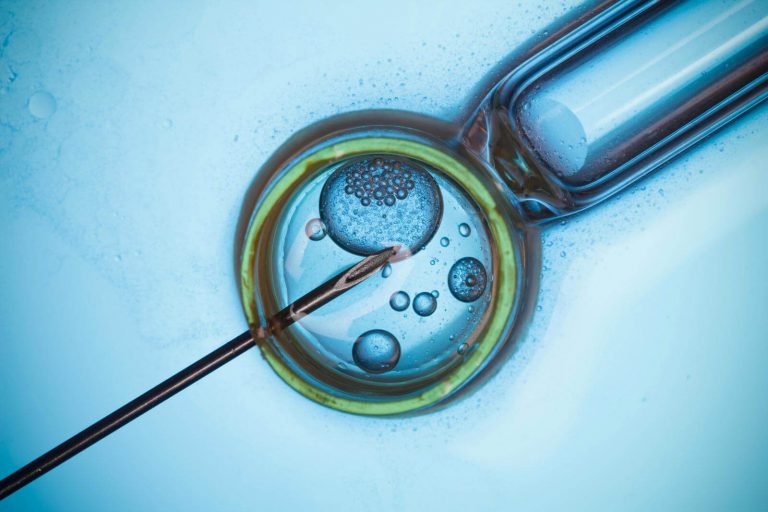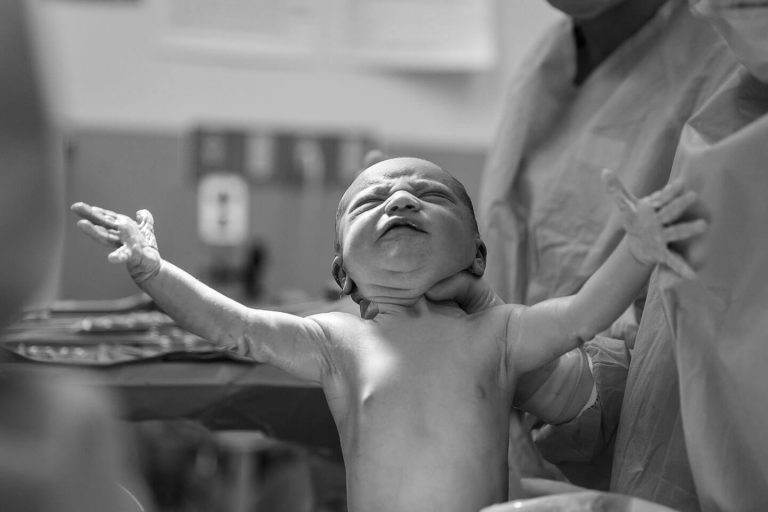9 Questions as You Prepare for IVF
Read on for 9 important questions to consider as you start preparing for IVF. As always, none of this is a substitute for advice from your doctor, but it can help you identify questions you need to ask.
1. How many embryos will be transferred?
Depending on your age, you may want to implant more embryos to increase your chance of success. However, the more embryos you implant, the more likely you are to undergo a multiple pregnancy (twins or more).
2. Will I use fresh or frozen embryos?
The success rates for frozen embryos are slightly lower than birth rates for fresh embryos, but the difference in success is lower for embryos frozen using a process called vitrification.
3. What will I do with any leftover embryos?
Leftover embryos can be destroyed or frozen for later usage. (Frozen embryos can result in cheaper IVF cycles down the line.) You can also choose to donate them to other couples having trouble with conceiving, or to a research facility.
4. What are the success rates of my clinic?
Your clinic should provide you with information regarding their clinic’s IVF success rates. You can also look these up, and compare them to the national average, using information provided by the CDC or SART.org. You should understand that success rates vary with number of embryos transferred and maternal age, and decline quickly after the woman is in her mid-30s.
5. If the first round of IVF is unsuccessful, what will I do? Can I afford multiple rounds of IVF?
If you are financially able, there is good evidence that you should try IVF again if it fails. However, IVF can be expensive, often $10,000 – $15,000 per cycle. Insurance plans do not always cover the procedure, and even those that do sometimes only cover one cycle. You should have a backup plan in mind if you cannot afford these costs multiple times.
6. What are the rates of multiple birth in my clinic? What would I do in case of a multiple pregnancy?
The clinic you see should give you information on the rates of multiple birth for its procedures. Multiple births are more common from IVF than from spontaneous pregnancy, and can pose a health risk both to you and the fetuses, especially when there are triplets or more. However, some women have moral issues with the notion of “fetal reduction” – selectively aborting some fetuses to ensure the successful healthy delivery of at least one fetus. This means that you should know up front what you will do in the event of a multiple pregnancy.
7. Will I use donor eggs or sperm? Do I understand the legal rights of the donor in my state?
If you are planning to use a donor, be sure to consult with a legal expert on the rights of donors in your area. In some places, donors have fought for parental rights over the child born from their donated sex cells and won in court. In other places, donors have to give up their legal rights first before donating.
8. Will I undergo PGD or other testing to help me evaluate whether or not miscarriage is a high risk?
Especially if you have undergone recurrent pregnancy loss, this should be a serious consideration. PGD/PGS can help evaluate the quality of an embryo by looking at its chromosomal makeup and detecting any abnormalities or genetic disorders that might lead to miscarriage or failure to implant.
9. What support is available to help handle the stress of the procedure?
IVF can be extremely stressful. Patients routinely rate it as one of the most stressful events of life, although research shows that patients also usually cope well. Patients cope better, however, when they know they have friends or family to support them, a supportive partner, and a variety of methods available to relieve stress when need be.






